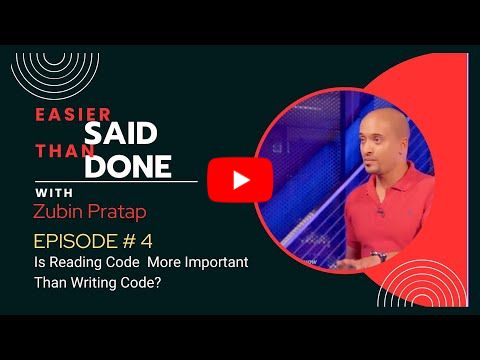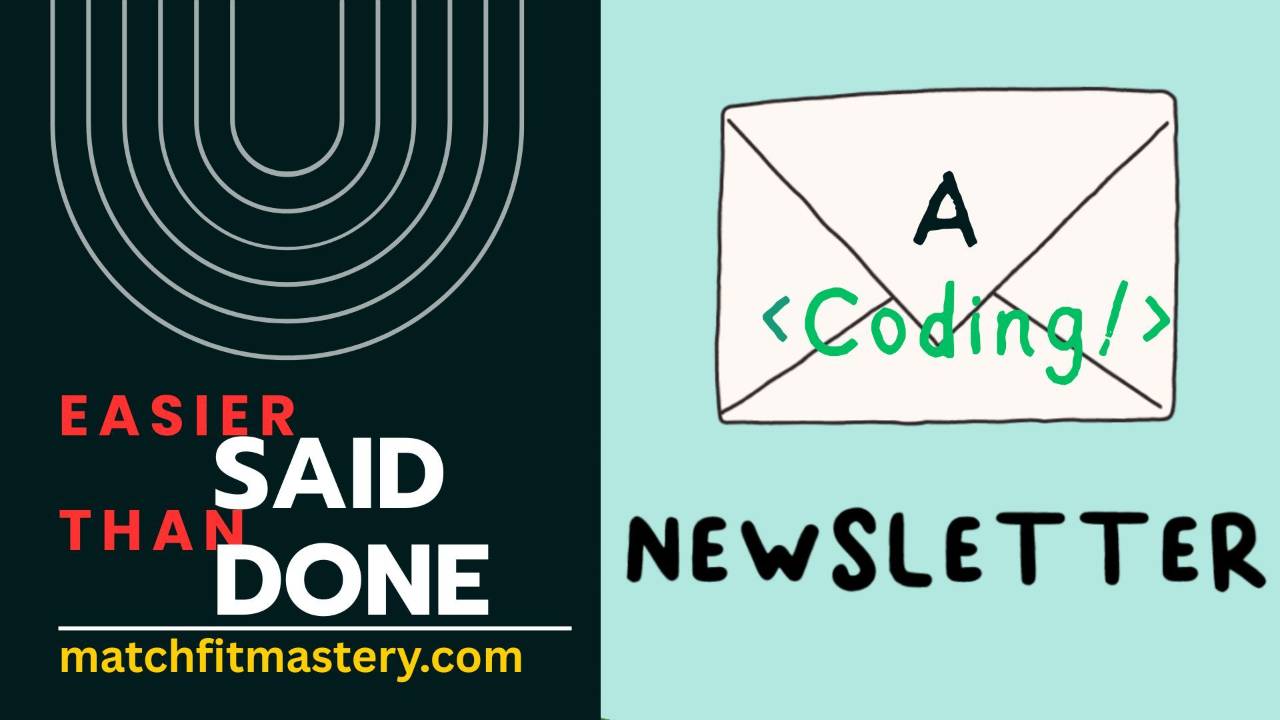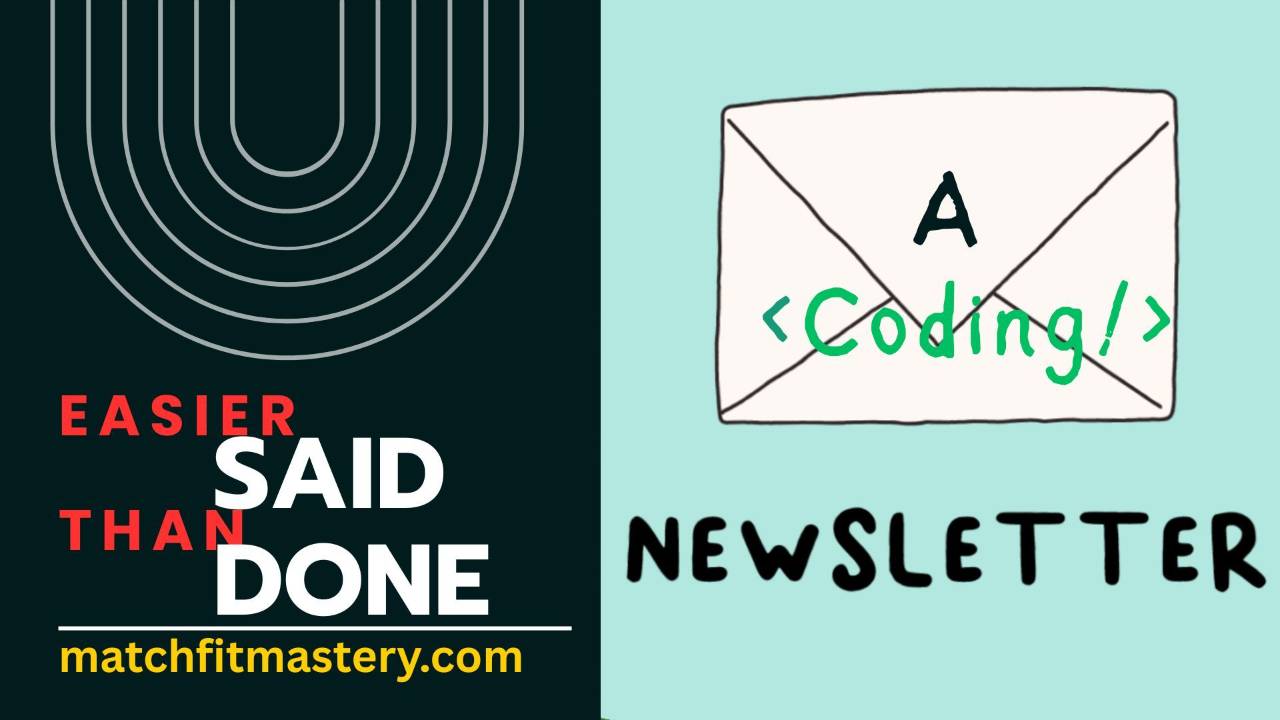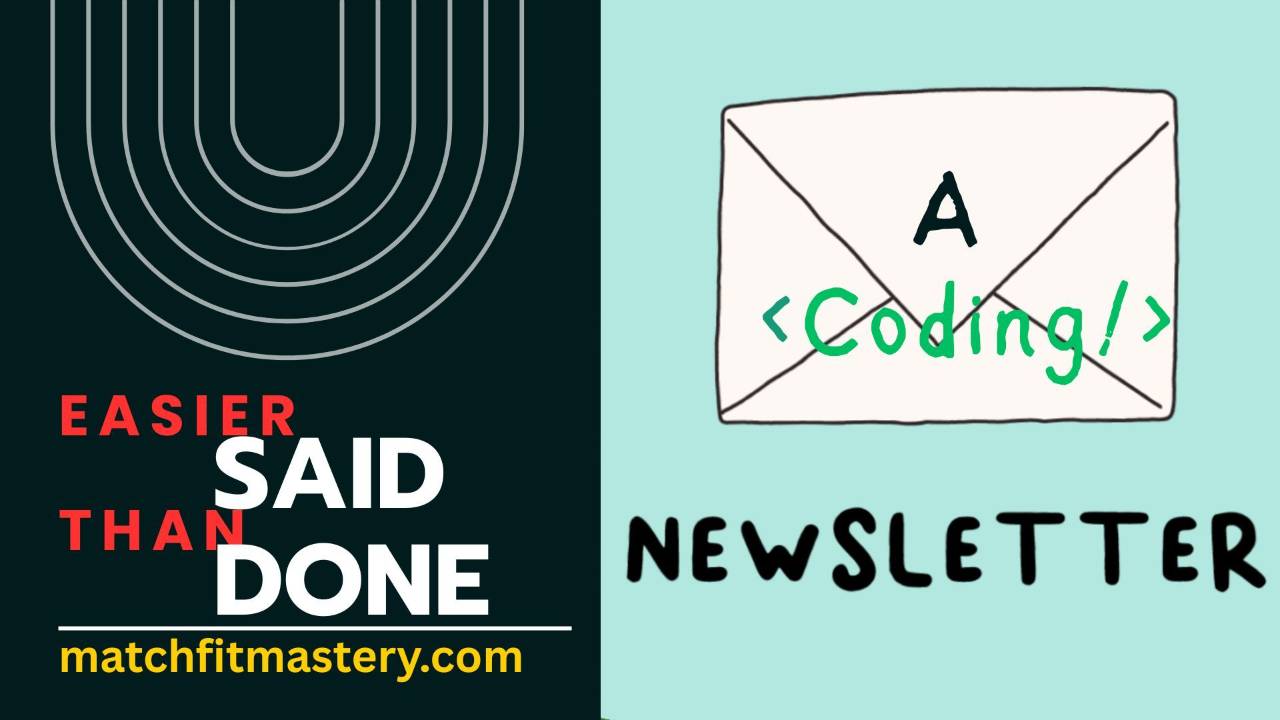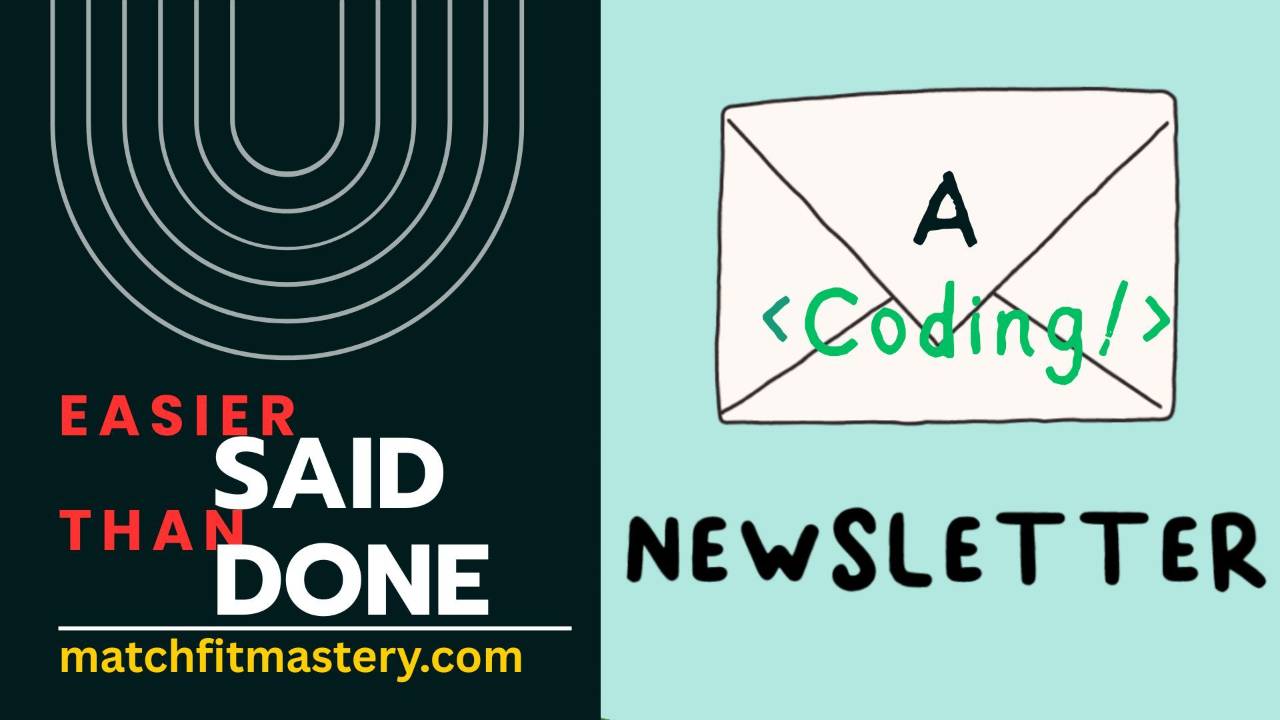What Coding Is Like IRL (on the job)
Hey there,
Feeling overwhelmed before you’ve even truly started? You’ve likely been told the path to becoming a software engineer involves endless tutorials, coding challenges, and grinding out lines of code. It’s a picture painted in bright, shiny colors, promising a direct route to a new career.
But let me cut through the noise with some hard-won truth, straight from the trenches. If you're just dipping your toes in, or you've dabbled for a few months and feel like you're drowning in information, there’s something crucial you’re probably missing. And it’s probably why you feel stuck, even before you’ve really “gotten going.”
Take a look at this:
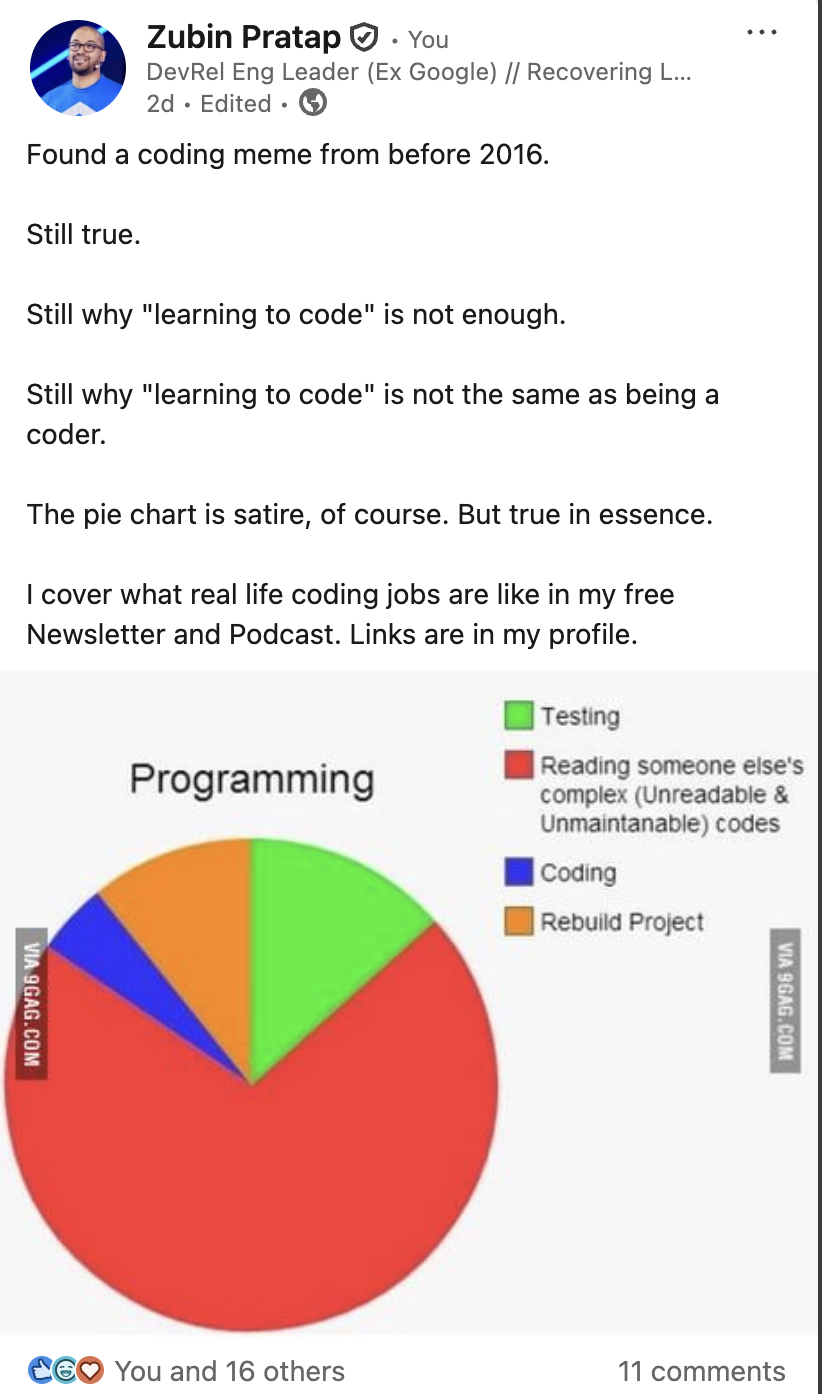
See that massive red slice - "Reading Somone else's complex code?
That’s the reality. For most of your career as a coder, you’ll spend more time READING code than WRITING it. Think about it – 76% of experienced engineers say so. Yet, what do most beginner programs, courses, and advice tell you? To hammer away at writing code. It’s a common pitfall, and frankly, it’s the wrong way to train you for the actual job.
You've Been Led Down the Garden Path
I fell for this trap myself. As a lawyer making a drastic career change at 37, I thought the goal was just to write more code, to become proficient at spitting out solutions from tutorials. I spent months following course after course, building toy projects, and then... nothing. I couldn't build anything real. I felt like a fraud.
Why? Because I was training to be a race car driver by only learning how to steer and push pedals.
The actual job is far more complex.
Why Reading Code is Harder (and Way More Important) Than You Think
When you encounter code written by someone else, especially if it's a large, established system (which is what you'll face in 99% of jobs, not some perfect "greenfield" startup), you lose so much context.
It’s like trying to understand a complex legal brief without knowing the history of the case, the client's specific situation, or the opposing arguments.
The code is terse, minimalistic – it works for the machine, but the human brain needs more to grasp the why.
You’re missing the thought process, the history, the edge cases that were hammered out over years of painful experience.
You’re missing the zillion decisions that resulted in the code you’re starting with.
You have to hunt, test, experiment, explore, and figure things out. That’s codebases.
And here’s the kicker for beginners: You NEED to read code to debug.
Your code won't exist in a vacuum. It will import libraries, frameworks, and other people's work. When their bug surfaces in your application, your customer doesn’t care who wrote it. It’s your problem.
You won’t always have perfect documentation (or any documentation!), so you'll have to dive into the source code to fix it. This is where the real problem-solving happens, and it's all about understanding what's already there.
Your Roadmap Isn't Just About Writing, It's About Debugging.
The overwhelm you're feeling? It often comes from a focus on the wrong skill at the wrong time.
Shift your mindset. Instead of just "learning to code," start training yourself to be a code detective.
When you look at code, you’re not just staring at symbols; you’re an investigator. Your job is to find clues, understand the story, and solve the mystery.
This means:
-
Patience is Paramount: This isn't a race. It takes time and persistence to unravel complex code. More realistically, you need to practice on broken code.
-
Follow the Data (or the Bug): Instead of getting lost, pick a single input or a bug report and trace it through the system. See how the data moves and transforms.
-
Leverage Your Tools: Learn to use your IDE’s navigation features and, crucially, learn to use a debugger. It's your magnifying glass, allowing you to step through code line by line and see exactly what's happening. This is a skill that unlocks understanding far faster than simply reading.
-
Getting stuck is not undesirable - it’s necessary.
This shift in perspective is what separates those who endlessly chase tutorials from those who actually start building and fixing real-world applications. It's how I, as a former lawyer, began to make sense of the software world.
Ready to stop just learning about coding and start learning to decode it? We dive deep into this on the latest episode of Easier Said Than Done. Listen in to get the real roadmap you need.
|
Four ways we can help you:
1. Wondering what learning to code actually means?
Becoming a coder is much more than just "learning to code" some languages. When I was hired at Google, for example, I didn't know three out of the four languages I had to write every day.
If you're still wondering if coding is right for you, then I recommend:
👉 My FreeCodeCamp Course --> Before You Learn To Code (Video).
👉 Updated version (including Google and other big tech experiences)
2. Inner Circle (Free Preview Included)
Our personalized, intensive mentorship program is designed to help career changers go from zero to software developer—and get hired. It’s not for everyone, but if you’re ready to commit, we’ll walk with you every step.
👉Preview the Inner Circle Program -> free preview.
👉Apply for Inner Circle → parsity.io/inner-circle
3. Career Change To Code Podcast
Driving? At the gym? Hiding in the bathroom? Perfect time to inject the best techniques for a career change to code directly into your brain via
👉 Follow the podcast here: YouTube | Spotify
4. Weekly Tips In Your Inbox
👉 Subscribe to this newsletter (it’s free). I try and keep it to 3 minutes or less so you can read in the elevator, waiting in lines, in the bathroom...😝

